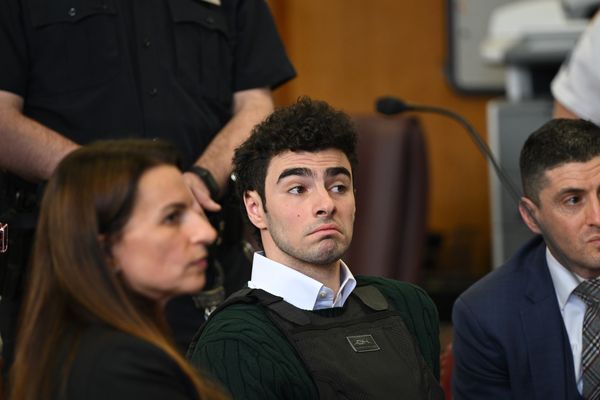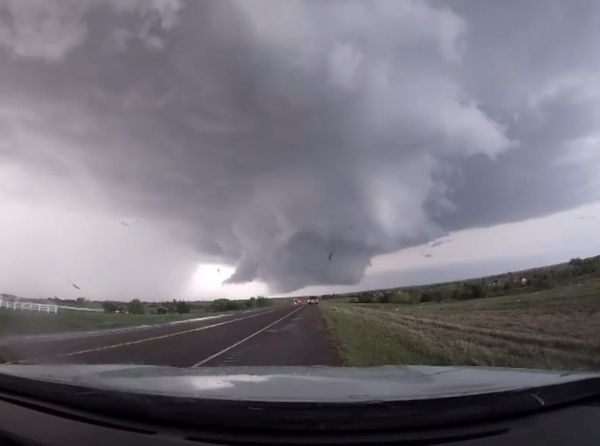Day-to-day police work is fraught with stress and strain. However, the stress levels assume gargantuan proportions while dealing with a communal riot.
Newer issues such as the anti-conversion Bill, controversies over hijab, azaan and halal meat and economic boycott of a community near places of worship have now been added to the communal pot. Plurality and diversity are no lofty altruistic or egalitarian concept for a police officer but just a means for peace and harmony.
A decade ago, a procession during Ramanavami was unheard-of. This invention has added a new dimension to the fragile communal equilibrium with anti-social elements flexing their muscles in various parts of the country spreading communal hysteria. There has also been criticism of police inaction during disturbances. If one lets loose the genie out of the bottle, can it be put back?
Communal violence poses a huge challenge. Strapped for manpower, mobility, communication and other resources, the police officer, invariably the first responder in a village or a small town, is left to fend for himself in the face of violence until reinforcements arrive. In a big city, riots have the potential to spread in no time as there is no dearth of people willing to stoke communal embers.
As the victims of communal riots, even police officers undergo emotions such as guilt, fear, sorrow, demoralisation, mental health issues and of course, sleepless nights and high levels of stress. I have known the case of a Karnataka State Reserve Police constable who committed suicide, perhaps out of fear and guilt after a communal riot, as his bullet took the life of a rioter. It was an uphill task for the leadership to restore confidence and morale among the rank and file. Fear of inquiry, arbitrary transfers, punishments and humiliation loom large even if the action is bona fide.
Police function under pressure as they are put to intense scrutiny by the civil society, media, opposition and community leaders. Sadly, the police officer who lays down his life in communal strife or gets injured is soon forgotten along with his family. As regards action during riots, well, they are damned if they do and damned if they don’t!
Police politicisation
In the 75 years since Independence, the politicisation of the Indian police has reached a point of no return. The political class has usurped the powers of transfers which are the sole responsibility of the police top brass, under the law. Power sans responsibility and accountability is the new norm. Thus, posting of pliable officers based on caste, cash and political patronage is the order of the day. In a skewed interpretation of democracy, it is expected of every police officer to toe the line of the local legislator, the Minister and the ruling dispensation, even if it is illegal or unconstitutional.
In such a sordid and criminalised scenario, would it ever work even if the police are whipped into adhering to the rule of law? The sage advice that a police officer should work as per the constitution irrespective of consequences is past its sell-by date. For every police officer who gets killed for enforcing the rule of law and shown the door , there are dozens of self-seeking careerists who are willing to do their masters’ bidding.
Communal violence disrupts normal life. Petty traders cannot ply their trade. Businesses and industries shut shop affecting employment, livelihood and productivity. There is damage to private and public property piling misery on the tax payer. The loss of life or injury to victims causes hardship of a lifetime for the family. Victims of destruction of property in arson and looting take years to rebuild their lives. Innocent poor are caught in the crossfire during strife. Injury or deaths during police action sets the clock back for police-public relations and costs much by way of compensation. The damage caused to the social fabric is incalculable.
Pilloried by media, criticised by civil society, and orphaned by the political brass, living under constant dread of court strictures, and with police reforms a seeming mirage, the police officer today is totally distracted from his primary duty of protection of life and property of the common man. He finds himself caught in the vortex of a communal slugfest. The abandonment of the Indian police is complete.
(The author is a former Director-General and Inspector-General of Police, Karnataka)
strameshn@gmail.com







